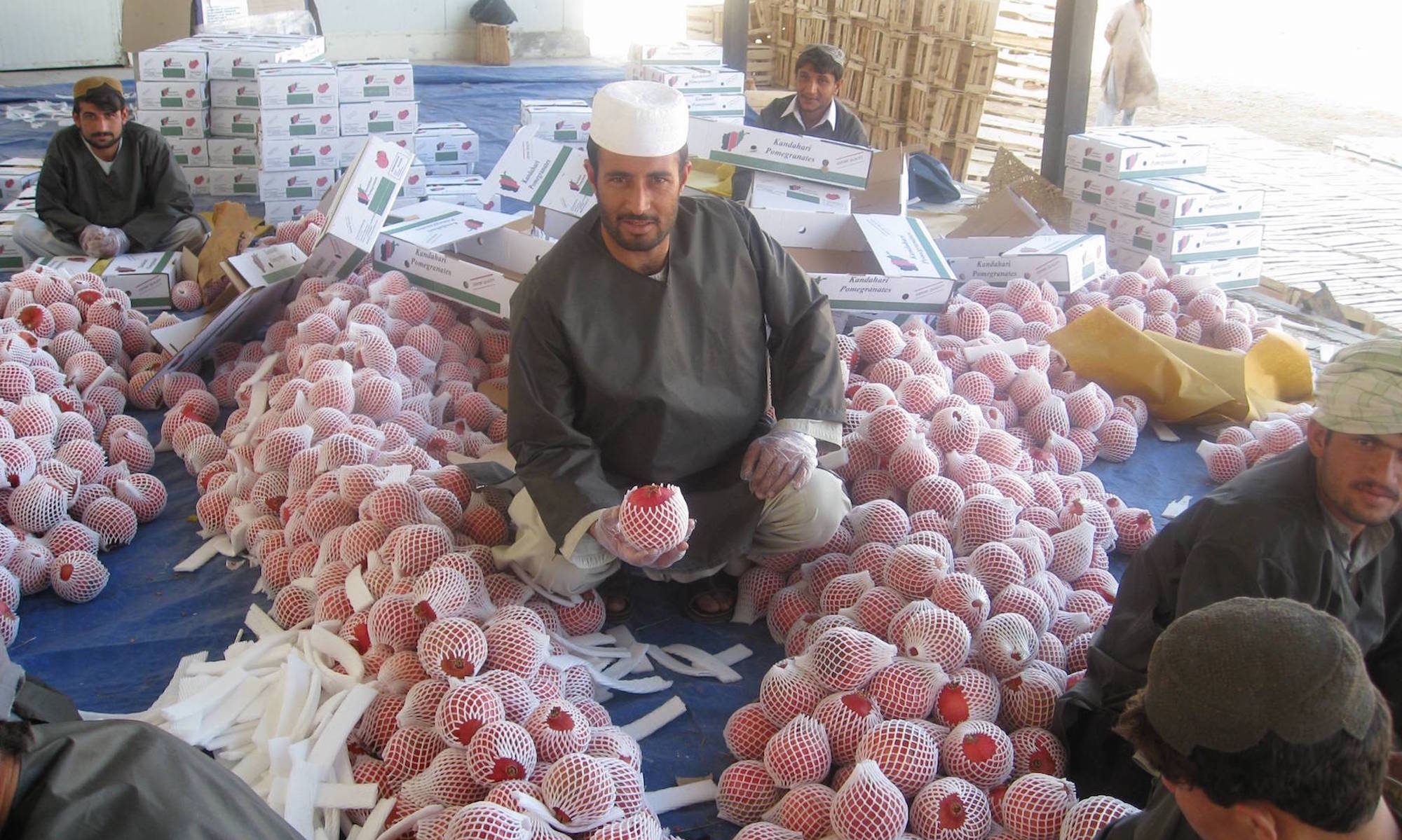In countries emerging from civil war with weak governments, bribery demands will be used opportunistically by officials operating under unclear rules that allow them to invent offences or simply to extort funds from ordinary people. Furthermore, many people may engage in illegal activities, such as smuggling or illicit trade in arms, and may need the protection of public authorities to continue to operate. Peacebuilding strategies must avoid triggering vicious spirals. An economy that is jumpstarted by giving monopoly powers to a few prominent people may produce a society that is both lacking in competition and unequal. Although it may be risky and difficult to counter corruption in post-conflict peacebuilding, if the problem is allowed to fester, it can undermine other efforts to create a stable, well-functioning state with popular legitimacy. Care must be taken in starting down the road to reform. Strong leadership from the top is needed that moves towards the goal of a more legitimate and better functioning government and sidelines those who have in the past been using the state as a tool for private gain through threats and intimidation. International assistance can, in principle, help, but it needs to be tailored to avoid exacerbating the underlying problem created by the mixture of corruption and threats of violence from those inside and outside the government.

INSCT Postconflict Research Database
The Institute for National Security and Counterterrorism's Postconflict Research Database & Analysis Project stores cross-indexed bibliographic information on hundreds of journal articles, books, book chapters, and case reports that address the broad, interdisciplinary fields of postconflict reconstruction, stabilization, and peacebuilding.